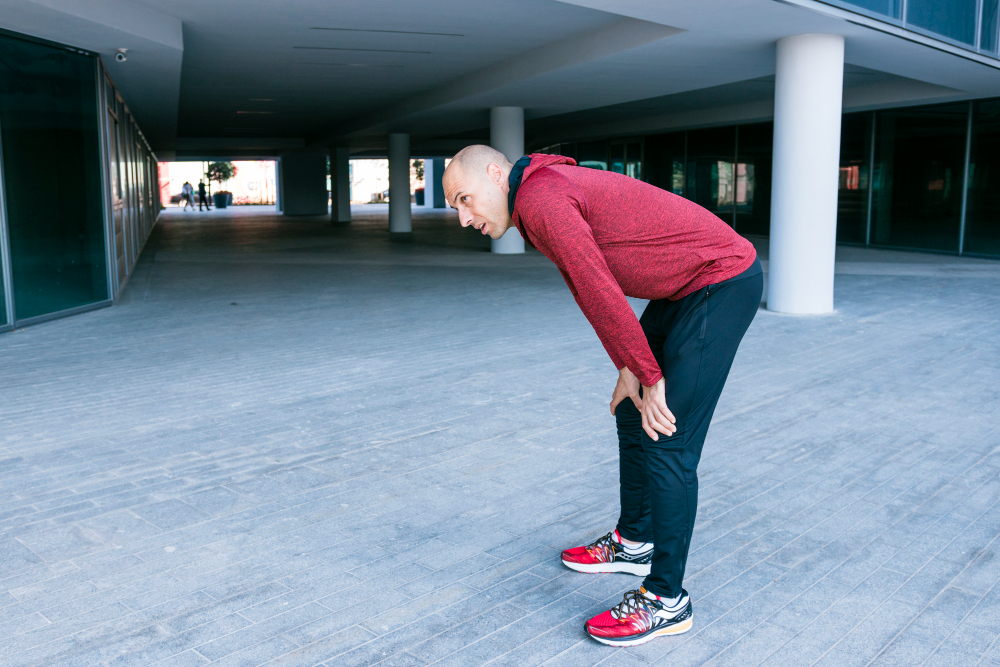Exercise is widely recognized for its physical health benefits, but its positive impact on mental health is equally significant. Regular physical activity can help manage stress, reduce symptoms of depression and anxiety, improve mood, and enhance overall well-being. This article explores role of exercise in mental health and offers practical tips for incorporating more movement into your daily life.
Role of Exercise in Mental Health
Engaging in regular exercise can have a profound effect on mental health, offering numerous benefits that contribute to emotional and psychological well-being.
Reduces Symptoms of Depression and Anxiety
Exercise has been shown to reduce symptoms of depression and anxiety. Physical activity triggers the release of endorphins, which are natural mood lifters. Additionally, exercise promotes the production of serotonin and norepinephrine, neurotransmitters that play a role in regulating mood. These chemical changes in the brain can help alleviate feelings of sadness and anxiety.
Relieves Stress
Exercise is an effective stress reliever. Physical activity increases the production of neurohormones like norepinephrine, which improve cognitive function and mood. It also helps reduce the levels of stress hormones, such as cortisol. Engaging in exercise can provide a healthy outlet for releasing built-up tension and stress, leading to a more relaxed state of mind.
Improves Sleep Quality
Regular exercise can improve sleep quality, which is essential for mental health. Physical activity helps regulate the sleep-wake cycle, making it easier to fall asleep and stay asleep. Improved sleep can enhance cognitive function, emotional regulation, and overall mood, contributing to better mental health.
Boosts Self-Esteem and Confidence
Exercise can enhance self-esteem and confidence. Achieving fitness goals, whether it’s running a certain distance, lifting a specific weight, or mastering a new skill, can provide a sense of accomplishment and boost self-worth. Additionally, physical activity can improve body image and overall self-perception.
Enhances Cognitive Function
Exercise has been linked to improved cognitive function and reduced risk of cognitive decline. Physical activity increases blood flow to the brain, promoting the growth of new brain cells and enhancing neural connections. This can lead to better memory, concentration, and overall mental clarity.
Types of Exercise Beneficial for Mental Health
Various types of exercise can benefit mental health, and it’s important to find activities that you enjoy and can sustain over time.
Aerobic Role of Exercise
Aerobic exercises, such as running, swimming, cycling, and dancing, are particularly effective for mental health. These activities increase heart rate and promote the release of endorphins, leading to improved mood and reduced stress.
Strength Training
Strength training, such as weightlifting or bodyweight exercises, can also have positive effects on mental health. These activities improve physical strength and endurance, which can boost self-esteem and confidence. Additionally, strength training can help reduce symptoms of anxiety and depression.
Yoga and Mindfulness-Based Exercises
Yoga and other mindfulness-based exercises combine physical movement with mental focus, promoting relaxation and stress reduction. These practices can help improve mood, enhance mindfulness, and provide a sense of inner peace.
Outdoor Activities
Outdoor activities, such as hiking, gardening, or playing sports, offer the added benefit of exposure to nature. Spending time in nature has been shown to reduce stress, improve mood, and enhance overall well-being. Combining physical activity with the calming effects of nature can be particularly beneficial for mental health.
Tips & Role of Exercise into Your Daily Routine
Incorporating exercise into your daily routine doesn’t have to be daunting. Here are some practical tips to help you get started and maintain a regular exercise regimen:
Start Small
If you’re new to exercise, start with small, manageable goals. Even short bouts of physical activity, such as a 10-minute walk, can make a difference. Gradually increase the duration and intensity of your workouts as you become more comfortable.
Find Activities You Enjoy
Choose activities that you genuinely enjoy, as you’ll be more likely to stick with them. Experiment with different types of exercise to find what works best for you. Whether it’s dancing, swimming, cycling, or practicing yoga, the key is to find something that makes you feel good.
Schedule Regular Workouts
Treat exercise like any other important appointment and schedule it into your day. Consistency is key to reaping the mental health benefits of physical activity. Aim for at least 150 minutes of moderate-intensity aerobic activity or 75 minutes of vigorous-intensity activity each week, as recommended by health guidelines.
Make It Social
Exercising with others can provide additional motivation and make the experience more enjoyable. Join a sports team, take a group fitness class, or find a workout buddy. Social interactions during exercise can boost mood and provide a sense of community.
Mix It Up
Variety can help keep your workouts interesting and prevent boredom. Mix up your exercise routine by incorporating different types of activities. This can also help you work different muscle groups and reduce the risk of injury.
Listen to Your Body
Pay attention to how your body feels during and after exercise. It’s important to challenge yourself, but also to avoid overexertion. Rest and recovery are essential components of a balanced exercise routine.
Conclusion
Exercise is a powerful tool for improving mental health, offering benefits such as reduced symptoms of depression and anxiety, stress relief, better sleep, and enhanced self-esteem. By incorporating regular physical activity into your daily routine and choosing activities that you enjoy, you can enhance your mental well-being and lead a healthier, happier life. Remember, the key is consistency and finding a balance that works for you.
